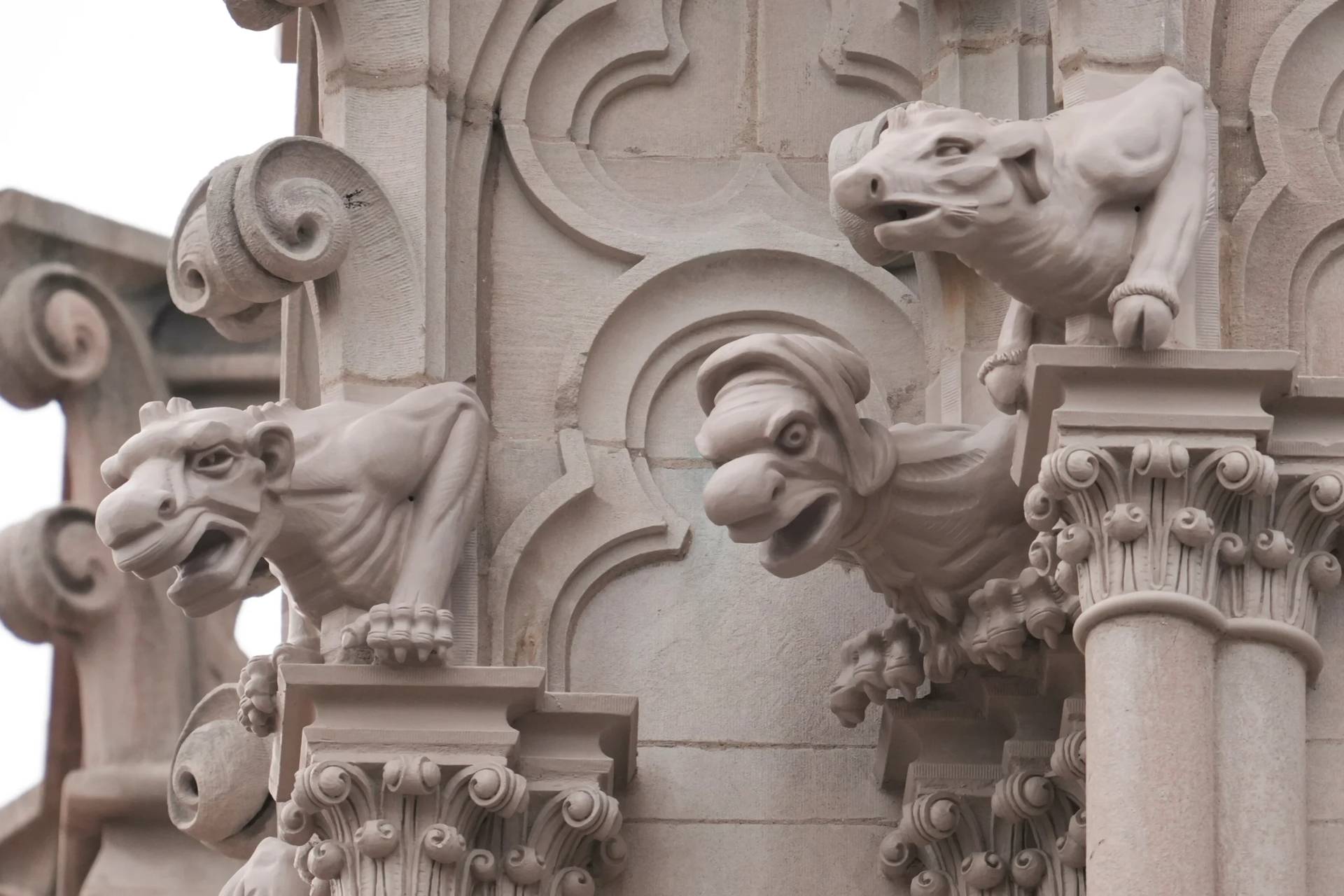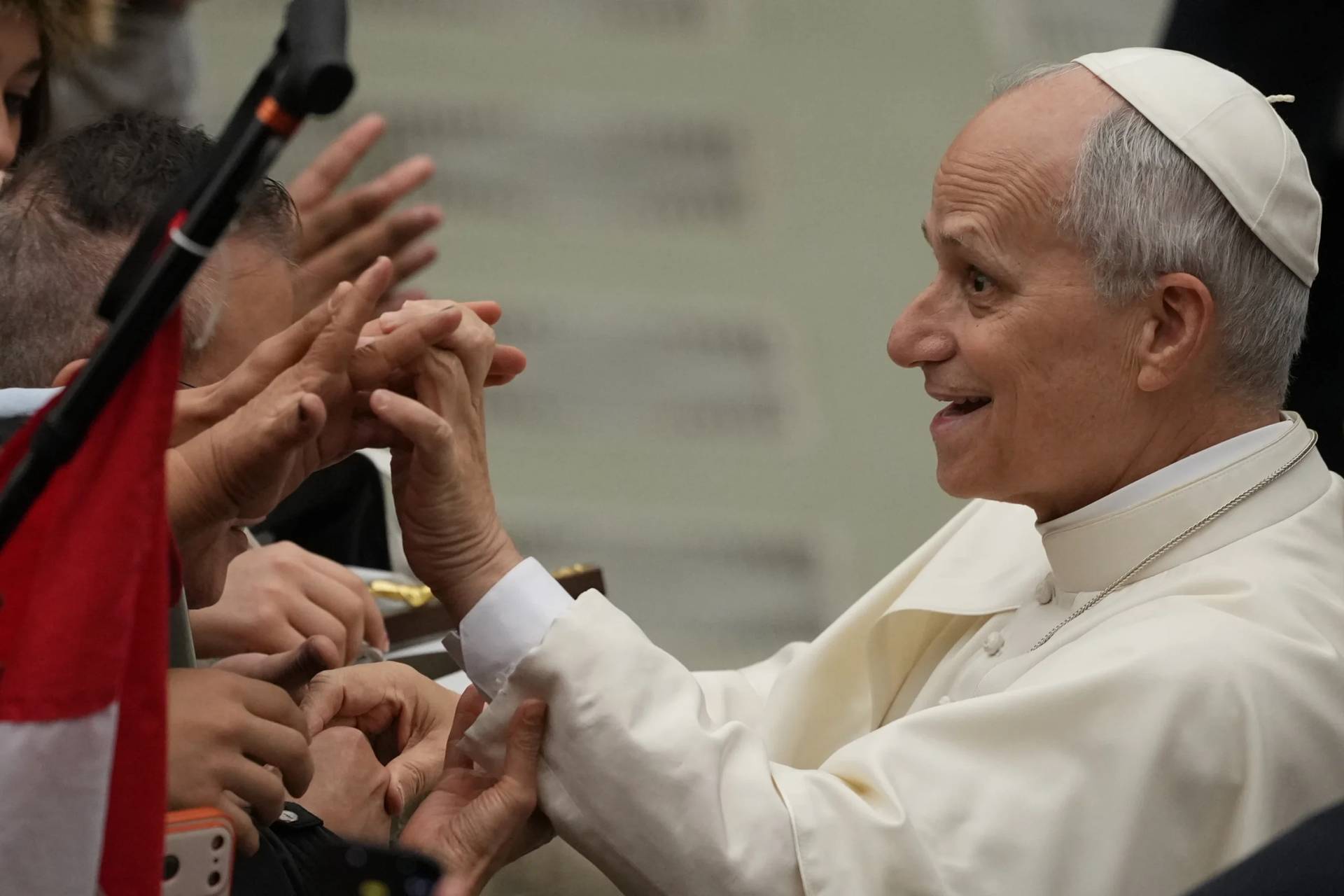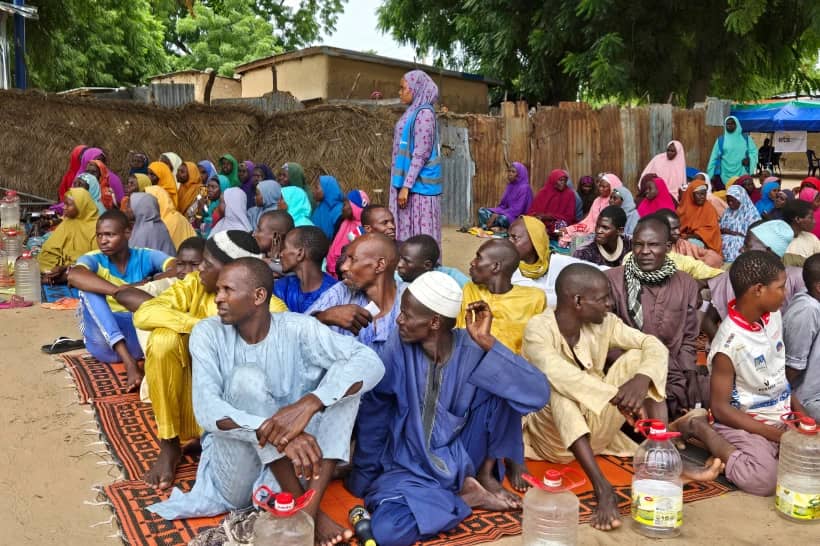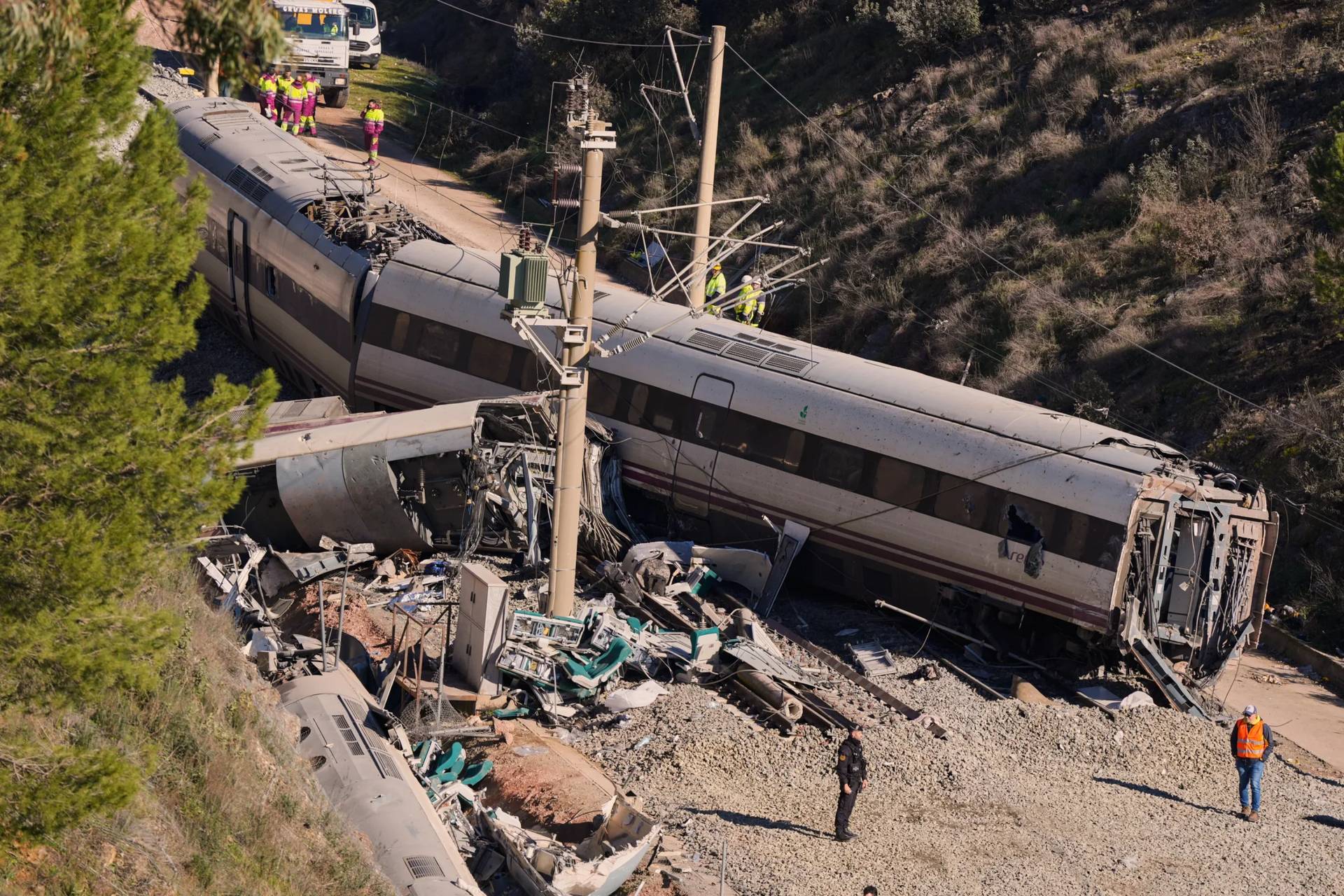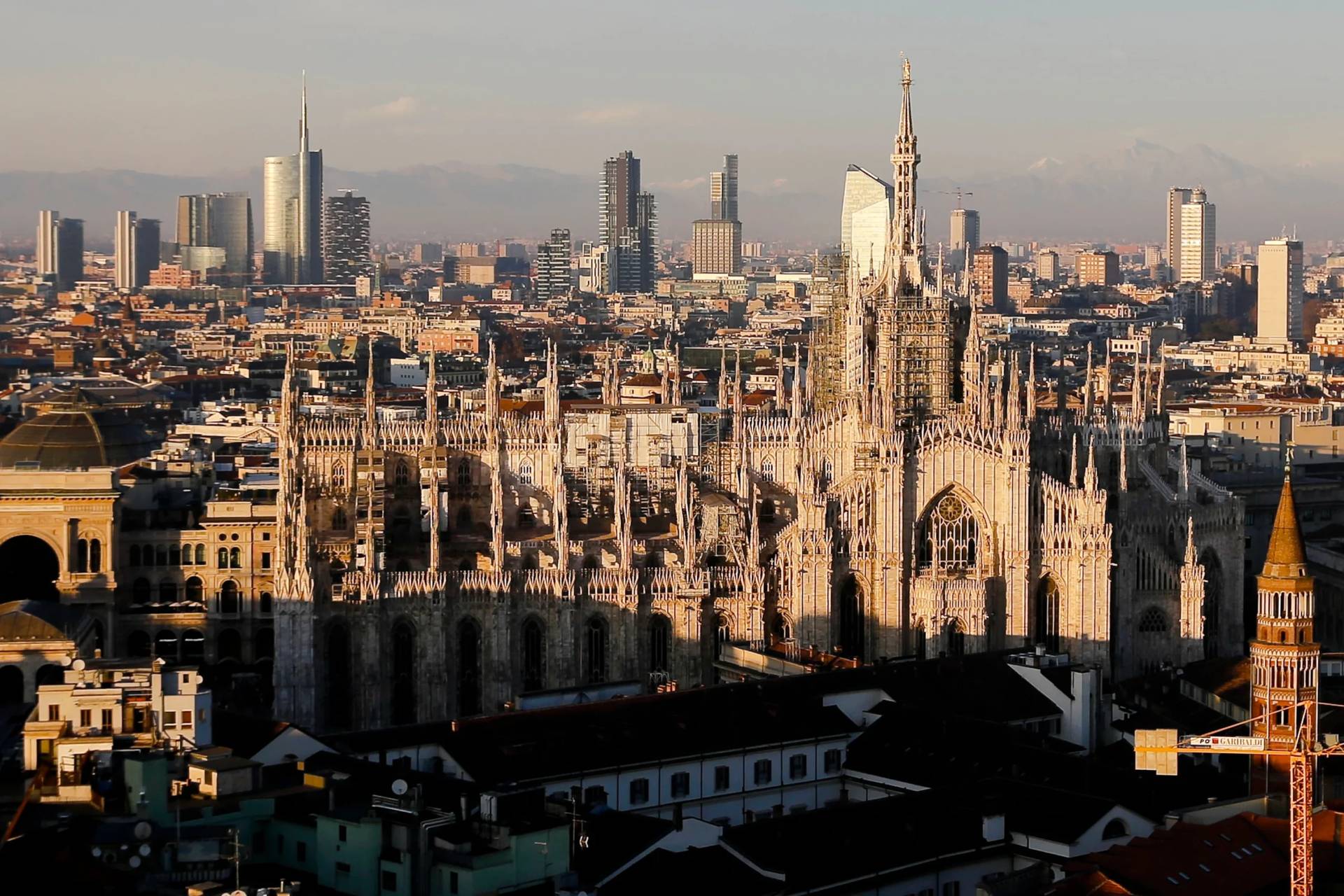AACHEN, Germany — As Catholics in Germany prepare for their second Synodal Assembly, Aachen Bishop Helmut Dieser has appealed for open debate to be held within the auspices of the Synodal Path reform project and not in the media, on the internet or other platforms.
“The synodal disputes, in which we speak both freely as well as intensively listen to one another, are taking place in the Synodal Path and not on the periphery,” he told Germany’s Catholic news agency, KNA, Sept. 10.
He also said a good and open culture of debate means not entering the discussions with pre-fixed and unchangeable positions. “This can only succeed if each individual asks himself: May the view of the other person change me? May the spirit of God in this change me?”
He spoke to KNA after sometimes-heated arguments taking place about the Synodal Path project. Some participants have presented alternative proposals to the officially published texts and have alleged that critical voices were not being adequately listened to or were even being suppressed.
The bishops’ conference and the lay Central Committee of German Catholics launched the Synodal Path as an attempt to revitalize the church and restore trust following a September 2018 church-commissioned report that detailed thousands of cases of sexual abuse by Catholic clergy over six decades.
In response to the study and to a widespread sense that the church and its members needed to change, the bishops and Catholic lay leaders began discussions about holding a national gathering of Catholics in a “synodal” style, where the experience and voice of everyone would be welcome and where bishops wouldn’t be the only ones making decisions. The focus was on four areas: power and separation of powers in the church; priestly existence today; women in ministries and offices in the church; and sexuality and morality. The process was scheduled to last two years but has been delayed by the COVID-19 pandemic.
In his letter to German Catholics in June 2019, Pope Francis insisted the process the German church is embarking upon must focus on strengthening people’s faith and the church’s witness.
In trying to resolve problems and shortcomings, the pope warned, there is the temptation to think that “the best response would be to reorganize things, to make changes and ‘fixes’ that would allow the life of the church to be put in order and in tune.”
Instead, he said, the church must adopt an attitude that “seeks to live and make the Gospel transparent and breaks with the gray pragmatism of the daily life of the church in which everything proceeds normally but, in reality, faith wears out and degenerates into pettiness.”
The Synodal Assembly — the second session of which will be held Sept. 30-Oct. 2 in Frankfurt — is the supreme body of the Synodal Path project. Members of the assembly make decisions, and all have an equal vote. Two other assemblies are scheduled after this one.
In addition to the members of the German bishops’ conference and the Central Committee of German Catholics, the assembly includes up to 10 Catholic women and men nominated by each of those two bodies. In addition, the assembly includes representatives of priests, religious, deacons, young people, pastoral workers, local parish assistants, theologians and vicars general.
Observers — who may be allowed to speak — include the pope’s representative to Germany and representatives of various Protestant and Christian churches and councils, as well as representatives of neighboring countries’ bishops’ councils and umbrella organizations for laypeople.
The Synodal Path also has established a synodal committee, an extended synodal committee and synodal forums on the four main topics. The forums are where much discussion is supposed to occur between assemblies.
Some of these discussions are what has triggered the controversy.
Among others, Passau Bishop Stefan Oster and three other synodal participants from the discussion forum on sexual morality — a forum co-chaired by Dieser — have published their own position paper, one which they said was in line with the existing church doctrine, in contrast to parts of the basic text approved by a large majority of the forum. They alleged that their reservations had not been given consideration during the forum discussions.
Some people — especially on social media — have remarked that German Catholics were ignoring church procedures and were, perhaps, even headed for schism.
But while Pope Francis has cautioned German Catholics about a temptation to focus on church structures rather than on conversion, Thomas Sternberg, president of the Central Committee of German Catholics, noted earlier in September, “The fact that the Vatican has formulated that synodality is the best way for the church gives me hope that the sense of faith of the people of God is really being listened to.”
He made his remarks after the Vatican issued the preparatory document and a handbook for dioceses as part of the global church’s preparation for the 2023 assembly of the worldwide Synod of Bishops, discussing the theme, “For a synodal church: communion, participation and mission.”
“Pope Francis invites the entire church to reflect on a theme that is decisive for its life and mission: ‘It is precisely this path of synodality which God expects of the church of the third millennium,'” the new document said.
KNA reported that Sternberg noted: “We have already done a lot of work here. And we are practically implementing what is called for in the preparatory document for the world synod,” including wide consultations at the parish level.
Pope Francis wants a synodal church, Sternberg said, adding: “That is also a message to all those who accuse us German Catholics of seeking a schism on the Synodal Path.”








